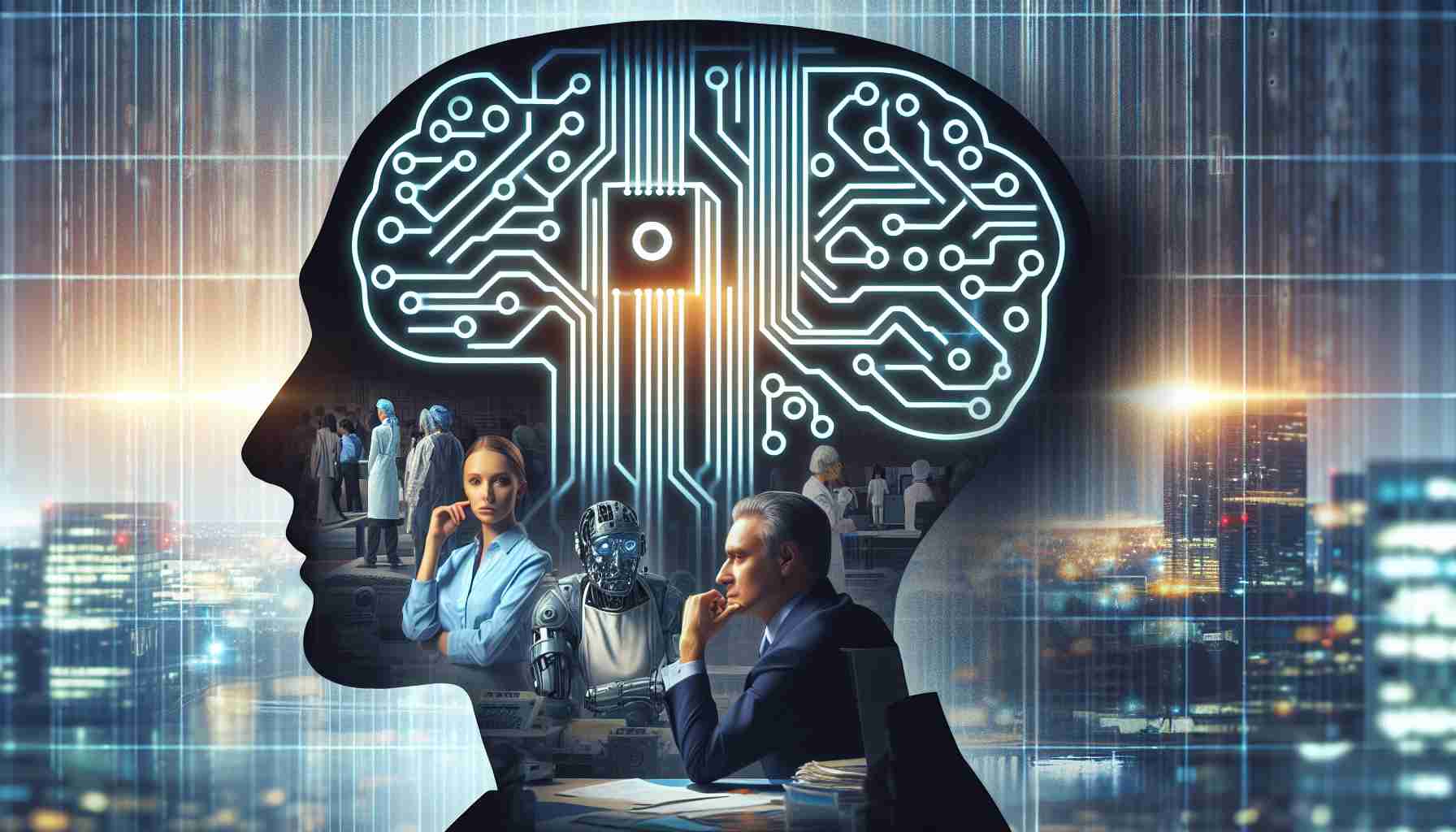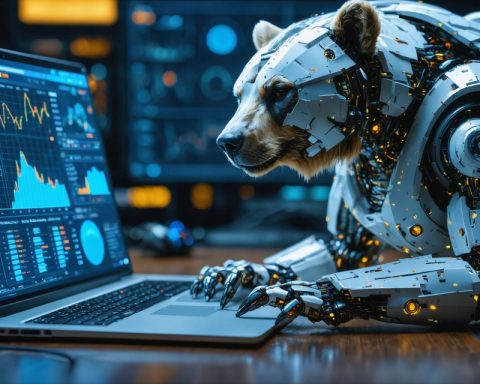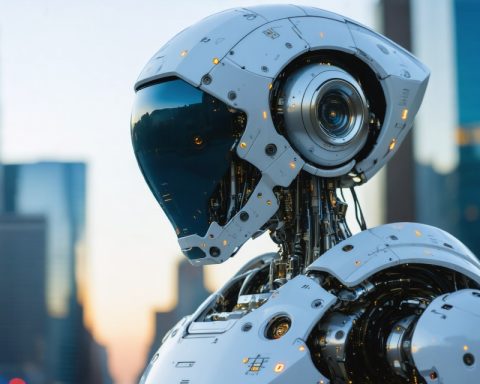A startling revelation from the Polish Economic Institute (PIE) indicates a significant risk of job displacement due to artificial intelligence advancements.
According to the report, there is a looming threat to 3.68 million Polish citizens whose jobs are increasingly susceptible to automation by AI technologies. These roles are primarily filled by specialists such as financiers, lawyers, and programmers. The danger isn’t limited to these fields; it also extends to mathematicians, certain government officials, secretaries, and some senior management positions in academia and industry.
The impact on women is particularly noteworthy, with over two million of the affected positions held by female professionals. This emphasizes the importance of strategizing for an equitable transition in employment sectors vulnerable to AI disruption.
The report further highlights a stark comparison: while 3.68 million jobs face high AI influence, only about 1.66 million positions are found in fields considered less threatened by AI integration. This contrast underscores the urgency for policymakers and businesses to create frameworks and retraining programs to support impacted workers and mitigate potential socioeconomic disruptions.
The urgency for businesses and governments to address these challenges is clear. Proactive measures could help cushion the impact on affected individuals and ensure a smoother technological transition. As the AI revolution continues to unfold, the balance between embracing innovation and ensuring employment security becomes increasingly crucial for sustaining economic stability and growth.
The Human-Centric Approach to Navigating AI Disruption
Artificial Intelligence is transforming the global job landscape, bringing both exciting opportunities and significant challenges. As highlighted by the recent findings from the Polish Economic Institute, many jobs in Poland face an imminent risk of automation by AI technologies. Here are some practical tips, life hacks, and interesting insights for individuals and businesses navigating this new era.
1. Embrace Lifelong Learning
The need for continuous learning cannot be overstated. As AI evolves, so should our skills. For those in roles identified by the PIE report as being at high risk, consider upskilling or reskilling through online courses, workshops, or certification programs. Embrace platforms like Coursera or edX, which offer a wide range of courses in emerging and in-demand fields.
2. Harness the Power of Networking
Networking can open doors to new career opportunities and provide insights into industry trends. Attend industry conferences, join professional groups, and connect with peers on platforms like LinkedIn. Engaging with fellow professionals can lead to collaborative innovations and help navigate career transitions.
3. Explore AI Augmentation, Not Just Automation
While AI can automate tasks, it can also augment human capabilities, leading to new job roles. Businesses and workers alike should explore how AI can enhance productivity rather than replace human roles. For instance, AI tools can handle data processing, allowing humans to focus on strategic and creative tasks.
4. Advocate for Equitable Opportunities
With women disproportionately affected by job displacement in Poland, as reported, it is crucial to emphasize gender-equitable policies in AI and employment strategies. Companies can invest in diversity and inclusion programs, while policymakers can support initiatives that promote women’s participation in tech fields.
5. Supportive Policies and Frameworks
Governments and businesses must collaborate to develop robust policies that cushion affected individuals. Implementing retraining programs, offering financial incentives for skill development, and supporting entrepreneurship can encourage shifts into more resilient job sectors.
Interesting Fact: AI’s Role in Job Creation
While AI is known for displacing jobs, it also creates new opportunities. According to some studies, AI is expected to create millions of jobs globally in areas such as AI management, data analysis, and maintenance of AI systems. It’s a testament to the idea that technological advancement, if managed well, can be a catalyst for economic growth.
Conclusion: Synthesizing Human and Artificial Intelligence
As the AI revolution progresses, the key to leveraging its potential lies in creating a synergy between human talent and machine efficiency. The challenges posed by AI job displacement can be transformed into opportunities through strategic adaptation, thus paving the way for a future where both society and technology thrive harmoniously.








